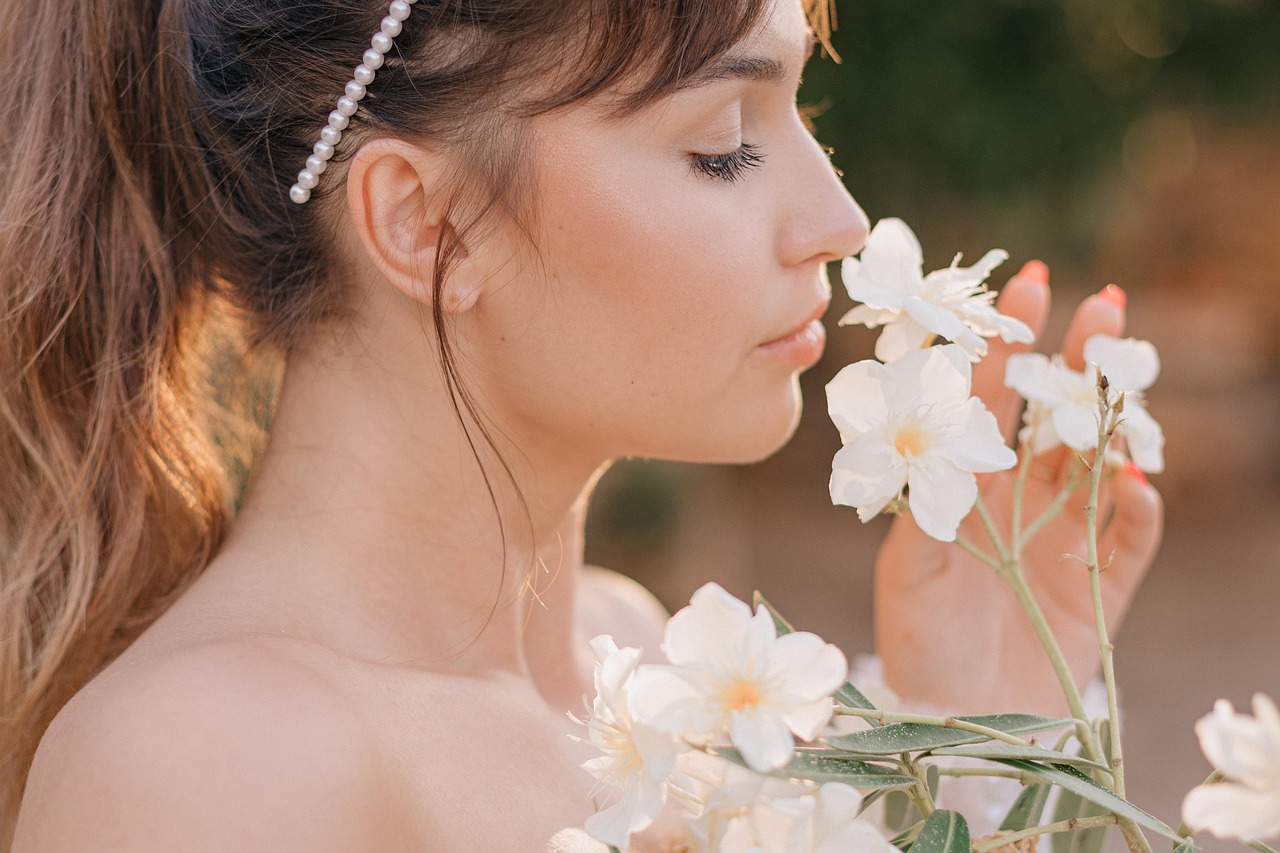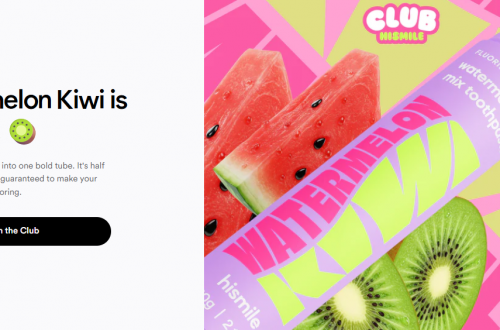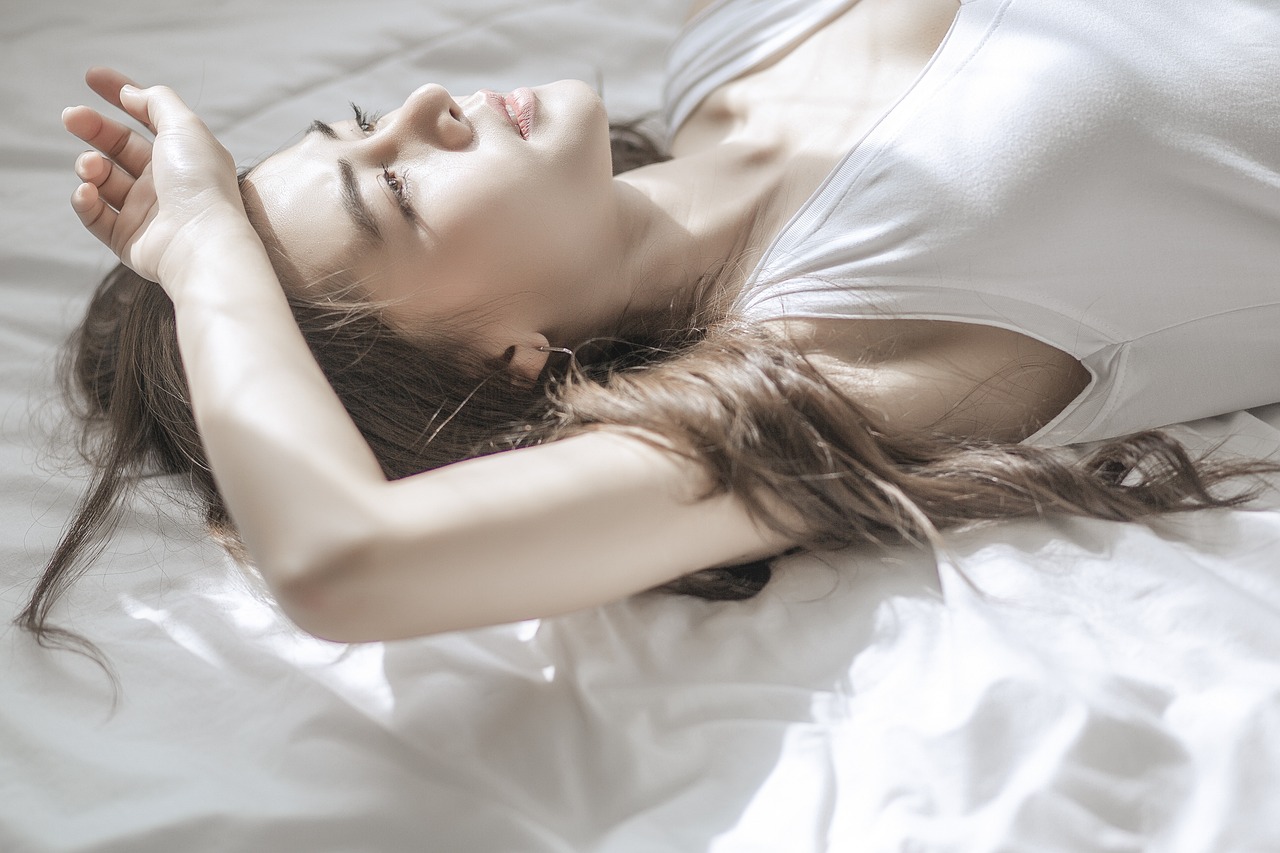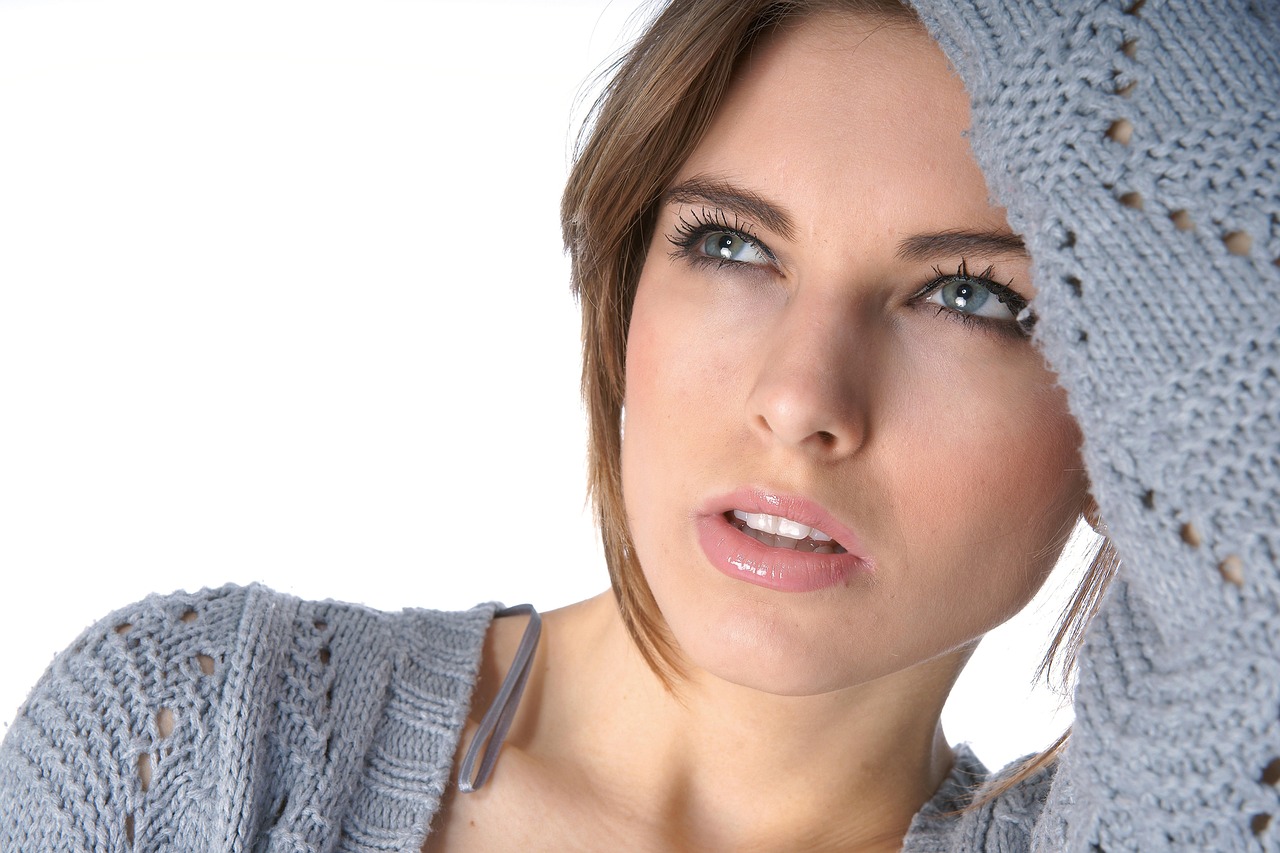
How Mental Health Is Becoming a Part of Beauty Conversations
Introduction
In recent years, the beauty industry has undergone a major transformation. What was once solely about appearance is now expanding to include broader conversations surrounding mental health and wellness. As people become more conscious of how external beauty relates to inner well-being, mental health is becoming a crucial part of beauty conversations. This shift reflects a deeper understanding of self-care, inclusivity, and the importance of mental health in shaping our perceptions of beauty.
The Shift in Beauty Standards
For decades, beauty standards were predominantly focused on physical attributes: flawless skin, slim figures, and specific facial features. However, there has been a significant shift in these standards. Today, people are realizing that beauty is more than skin deep. It is about embracing diversity, accepting imperfections, and focusing on mental and emotional well-being.
Beauty brands and influencers are increasingly discussing the idea that true beauty lies in how we feel about ourselves, not just how we look. This change in perspective is not only challenging traditional norms but also promoting a healthier approach to beauty, one that considers mental health as a fundamental component.
Mental Health’s Influence on Beauty Trends
As mental health awareness continues to rise, it’s having a profound impact on beauty trends. Consumers are now seeking beauty products and services that promote wellness, stress relief, and self-care. The rise of skincare routines, holistic beauty treatments, and wellness-inspired products all tie into the larger conversation about mental health.
The Role of Social Media
Social media plays a significant role in this shift. Platforms like Instagram and TikTok are flooded with influencers discussing not just makeup and fashion, but also mental health issues like anxiety, depression, and self-esteem. These conversations are helping to normalize mental health struggles and reduce the stigma surrounding them.
Social media has given individuals a platform to share their personal experiences and support one another, creating a sense of community where people feel empowered to express both their beauty and mental health challenges. This is helping reshape beauty standards by emphasizing self-acceptance, mental clarity, and emotional resilience.
The Rise of Self-Care
Self-care has become a cornerstone of modern beauty routines. Far from being just a trend, it is now an essential practice for maintaining mental well-being. Activities like meditation, journaling, skincare, and mindful relaxation techniques are being incorporated into beauty regimens to help individuals manage stress and improve their mental health.
The connection between self-care and mental health has never been clearer. Beauty products and treatments are now marketed not only for their aesthetic benefits but also for their ability to promote relaxation, self-compassion, and emotional balance.
Beauty Brands Embracing Mental Health
Several beauty brands have recognized the importance of mental health and have incorporated it into their marketing and product offerings. These companies understand that today’s consumers are looking for more than just physical beauty solutions—they want products that support their overall well-being.
Campaigns and Initiatives
Many major beauty brands are launching campaigns that promote mental health awareness and advocate for self-care. For instance, brands like Dove have long championed body positivity, while others like Glossier have focused on inclusivity and self-acceptance. These brands are not only creating inclusive beauty products but are also using their platforms to address mental health issues, helping to remove the stigma surrounding mental health in the beauty industry.

Mental Health and Inclusivity
Inclusivity is an essential aspect of both beauty and mental health discussions. Beauty brands are increasingly focusing on representing a wide range of body types, skin tones, and genders in their campaigns, acknowledging that everyone deserves to feel beautiful and valued. This inclusive approach extends to mental health, ensuring that people from all backgrounds feel seen and supported in their beauty journeys.
The Link Between Beauty and Self-Confidence
One of the most significant ways mental health influences beauty conversations is through its impact on self-confidence. Our mental state directly affects how we perceive ourselves. When we feel good mentally, we radiate confidence, and this confidence is reflected in our external beauty. Conversely, mental health struggles can affect how we see ourselves, often leading to poor body image or diminished self-worth.
Positive Self-Talk and Beauty
The importance of positive self-talk cannot be overstated when it comes to both mental health and beauty. How we speak to ourselves can have a profound impact on how we perceive our appearance. Positive affirmations, self-compassion, and encouraging thoughts can improve our mental health and, in turn, boost our self-esteem, enhancing our sense of beauty.
Changing Beauty Routines for Mental Health
Beauty routines are increasingly being tailored to promote mental well-being. From relaxing face masks to aromatherapy-infused skincare, many products are designed with stress relief in mind. This shift emphasizes the idea that beauty should not be a source of anxiety or pressure, but rather a way to nurture mental health.
Addressing Mental Health Challenges in the Beauty Industry
Despite the positive strides made, the beauty industry still faces challenges when it comes to mental health. The pressure to conform to unrealistic beauty standards, especially for young people, remains a significant concern. The industry must continue to navigate these challenges while creating a more inclusive and supportive environment for individuals struggling with their mental health.
Overcoming Stigma in Beauty
Tackling the stigma surrounding mental health is crucial for the beauty industry. As more people share their personal stories of mental health struggles, it’s essential that beauty brands, influencers, and consumers work together to normalize these conversations and promote mental wellness in all aspects of beauty.
Future of Beauty and Mental Health
Looking ahead, the intersection of beauty and mental health will only continue to grow. With a greater emphasis on mental wellness, beauty brands are likely to innovate further, integrating new technologies and treatments that support both physical and emotional well-being.
The Role of Technology and Innovation
As technology evolves, new beauty innovations that support mental health are emerging. From AI-driven skincare analysis to virtual therapy sessions and mindfulness apps, the future of beauty may involve more than just products—it could include services and experiences that prioritize mental wellness.
Conclusion
Mental health is no longer an afterthought in the beauty industry. It is becoming a fundamental part of beauty conversations, influencing everything from marketing campaigns to product development. As we continue to understand the link between beauty and mental well-being, the future of beauty will likely be more inclusive, supportive, and focused on overall wellness.
FAQs
- How can mental health impact beauty standards? Mental health affects self-esteem and body image, which can influence how we perceive beauty standards. As mental health awareness grows, beauty standards are becoming more inclusive and focused on self-acceptance.
- What role does social media play in mental health and beauty? Social media helps normalize mental health discussions and supports positive beauty trends. Influencers are using their platforms to promote both mental wellness and diverse beauty standards.
- Are beauty products being developed with mental health in mind? Yes, many beauty brands are incorporating mental health into their product lines, focusing on self-care, relaxation, and emotional wellness.
- How can beauty routines promote mental health? Beauty routines that incorporate self-care practices, such as skincare, meditation, and aromatherapy, can help alleviate stress and support mental well-being.
- What is the future of beauty and mental health? The future of beauty is likely to see more integration of mental health, with innovations in technology and products that support both beauty and emotional wellness.




